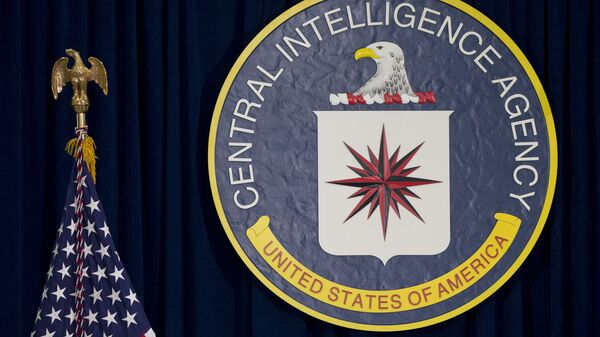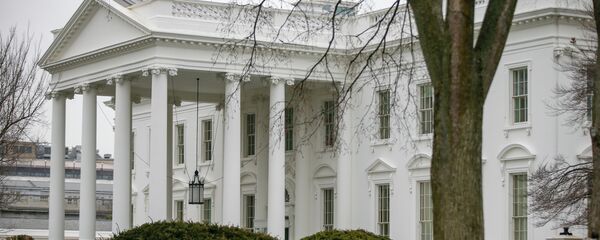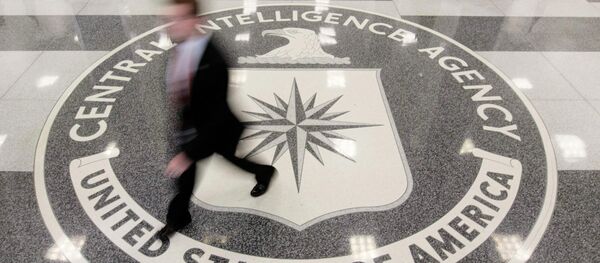Declassified files provide a troubling insight into the US Government Accountability Office's ill-fated efforts to audit the Central Intelligence Agency, with even the most routine queries batted away with claims relevant information was classified as protected as an intelligence source or method.
Such was the CIA's bluster and evasion, by 2001, the GAO had effectively given up on attempting to audit the Agency as it lacked proper Congressional support, or the legal ability to compel CIA to cooperate. Instead, the GAO limited requests to general reviews or analysis.
"Today, our dealings with the CIA are mostly limited to requesting information that relates either to government-wide reviews or analyses of threats to national security on which the CIA might have some information. The CIA either provides us with the requested information, provides the information with some restrictions, or does not provide the information at all. In general, we are most successful at getting access to CIA information when we request threat assessments and the CIA does not perceive our audits as oversight of its activities," GAO representatives wrote in 2001.
In the cases where the Agency would simply deny the Office access to information, the GAO made clear the CIA's refusals were "not related to the classification level of the material" — and moreover, the Agency's obstruction extended as far as encouraging other government agencies not to cooperate with the GAO inquiries.
In July that year, a Congressional hearing — unsubtly titled "Is the CIA's Refusal to Cooperate with Congressional Inquiries a Threat to Effective Oversight of the Operations of the Federal Government?" — was convened. Congressman Christopher Shays (R-CT), Chair of the National Security, Veterans Affairs and International Relations Subcommittee, noted the hearing's titular question was effectively answered by the CIA itself over the course of the investigation, as the Agency declined to provide evidence or send witnesses to the hearing.
Shays went on to criticize the Agency's approach to the GAO, arguing its position was "not supported by the law…House Rules and…sound public policy." He felt the Agency had displayed "persistent, institutionalized" resistance to Congressional and GAO inquiries.
Thanks But No Thanks
The letter informing the hearing the Agency would not cooperate with proceedings or send anyone to testify is dated the day before the hearing.
"I regret to say [no] CIA representative will testify…[a] recently passed house rule stipulates clearly and unequivocally that the Intelligence Committee has "exclusive" responsibility to review and study the intelligence community's sources and methods," a CIA spokesperson wrote.
Nonetheless, while no one from the Agency was willing to come and testify, former CIA Director Robert James Woolsey did appear, and argued the Agency consistently complied with oversight requests, and a large team were responsible for overseeing the agency's activities. He cited a series of numbers to suggest around half of Congress was directly or indirectly involved in overseeing the Agency, a total of 760 people.
A mere 760 people is arguably hardly able to effectively oversee a highly secretive, compartmentalized organization with around 17,000 employees (a total that does not include contractors, assets or any third parties working on a CIA funded program or project)
Members of Congress and GAO alike rejected the idea Woolsey's cited oversight staff totals were sufficient, but both sides conceded giving the GAO specific authority to review CIA activities would effectively require the support of the Intelligence Committees — an unlikely prospect.
"We foresee no major change in our current access without support from Congress. Congressional impetus for change would have to include the support of the intelligence committees, who have generally not requested GAO reviews or evaluations of CIA activities," the GAO concluded.
Intelligence Committees were not well-suited to handle oversight of the US intelligence community as a whole, or even CIA by itself — the Senate Intelligence Committee has but three investigators. Ever since, the public has been obliged to rely on organizations such as WikiLeaks, and whistleblowers like Edward Snowden, to gain an understanding of US intelligence agencies' activities at home and abroad.




